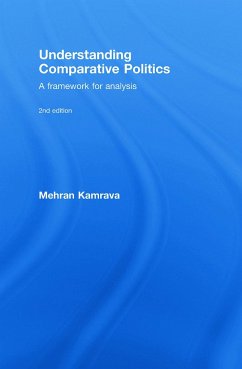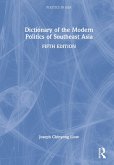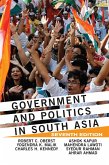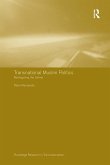Comparative politics has undergone significant theoretical changes in recent decades. Particularly since the 1980s, a new generation of scholars have revamped and rejuvinated the study of the subject. Mehran Kamrava examines current and past approaches to the study of comparative politics and proposes a new framework for analysis. This is achieved through a comparative examination of state and social institutions, the interactions that occur between them, and the poltical cultures within which they operate. The book also offers a concise and detailed synthesis of existing comparative frameworks that, up to now at least, have encountered analytical shortcomings on their own. Although analytically different in its arguments and emphasis from the current "Mainstream" genre of literature on comparative politics, the present study is a logical outgrowth of the scholarly works of the last decade or so. It will be essential reading for all students of comparative politics.








